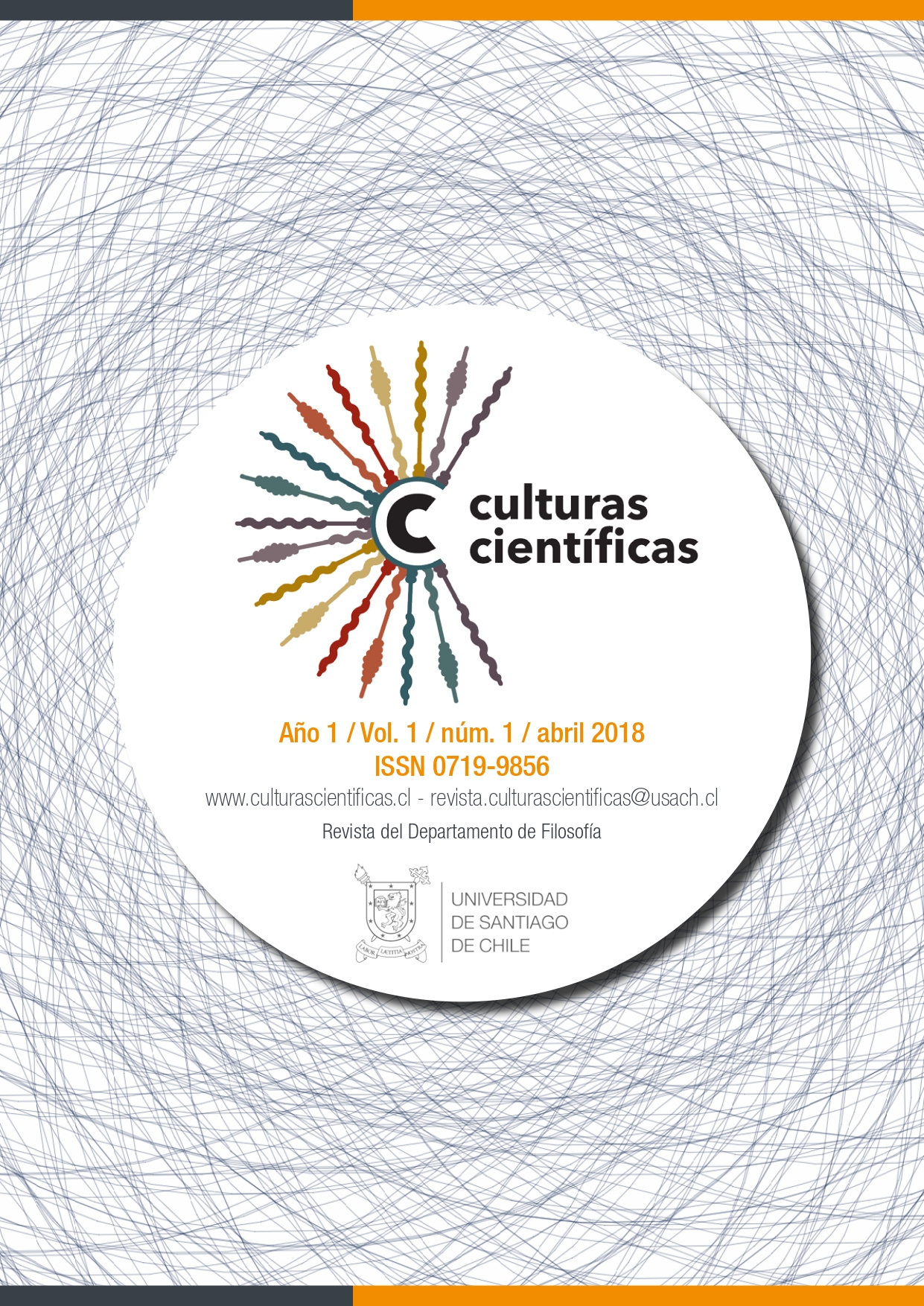Aristotelismo y leyes naturales funcionales
DOI:
https://doi.org/10.35588/cc.v1i1.3537Palabras clave:
universales, leyes naturales, leyes funcionales, aristotelismo, propiedades determinables, propiedades determinadasResumen
sea “aristotelismo” la tesis de acuerdo a la cual necesariamente todos los universales están necesariamente instanciados en algún objeto u objetos. Muchos aristotélicos han sostenido que las leyes naturales son relaciones nomológicas entre universales en vez de meras regularidades de eventos. Parece haber casos, sin embargo, en los que hay leyes naturales pero conectando universales que no están instanciados. Nuestras intuiciones acerca de las leyes naturales como relaciones entre universales, entonces, parecen socavar el aristotelismo. Una estrategia adoptada por los aristotélicos ha sido suponer que en esos casos hay leyes funcionales que fundan hechos contrafácticos sobre universales no instanciados. No son casos en los que existen algunos universales aunque no estén instanciados, sino casos acerca de lo que pudo haber sucedido si algunos universales que no existen, existiesen. Una ley funcional es una ley que conecta directamente propiedades determinables en vez de propiedades determinadas. Se argumenta aquí que esta estrategia aristotélica es incoherente. El aristotelismo requiere que las propiedades determinables estén fundadas en las propiedades determinadas, pero la estrategia requiere una relación de fundación en la dirección opuesta.











